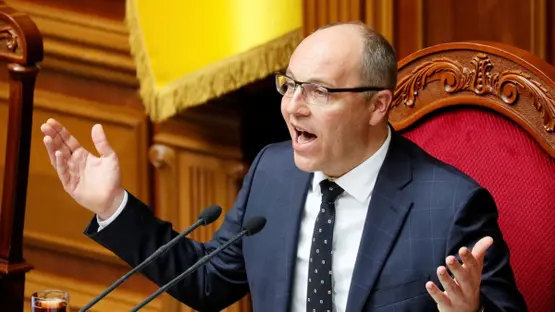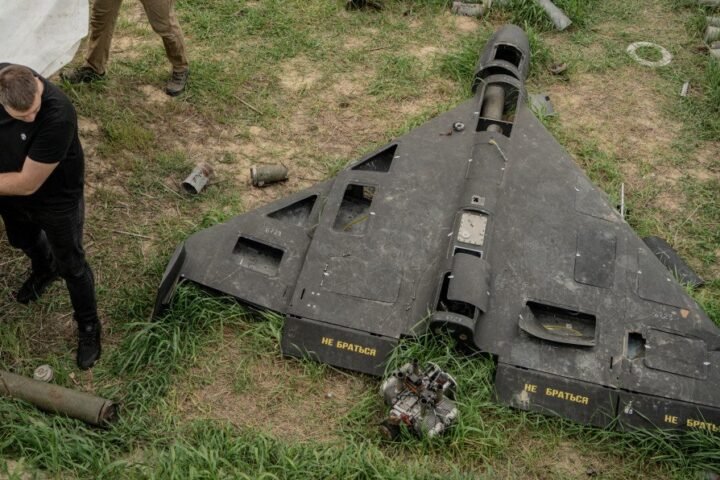Former speaker of Ukraine’s parliament, Andriy Parubiy, was shot dead on August 30, 2025, outside his home in the Sykhiv district of Lviv. The assailant, disguised as a delivery courier, fired between five and eight shots, killing Parubiy instantly. Authorities are investigating, but the nature of the attack suggests a targeted political assassination rather than a random crime.
Kremlin’s strategy of eliminating opponents
Parubiy’s killing fits into a broader pattern attributed to Moscow, which has long sought to physically remove opponents beyond the battlefield. Analysts point to Russia’s consistent efforts to intimidate and destabilize Ukrainian society by targeting prominent figures, demonstrating that no official or symbol of the 2014 Revolution of Dignity is safe. The precision and execution of the operation bear hallmarks of Russian security services: careful planning, use of professionals, erasure of evidence, and simultaneous media campaigns promoting narratives of “internal conflicts” in Ukraine.
A symbolic act of retribution
Parubiy was one of the chief coordinators of the Euromaidan protests and a firm advocate of Ukraine’s independence and European path. His assassination is viewed as symbolic retribution for the Kremlin’s defeat during the Revolution of Dignity. By removing figures who embody Ukraine’s democratic course, Moscow seeks to project strength and undermine the country’s stability.
Part of a global pattern of political killings
The killing echoes previous Russian operations abroad, including the poisoning of Alexander Litvinenko in London, the attempted assassination of Sergei Skripal in Salisbury, and the shooting of Chechen dissidents in Berlin. These cases illustrate how the Kremlin extends its reach beyond its borders to eliminate adversaries and send a message that “no one is beyond our grasp.” The assassination of Parubiy underscores the continuation of this strategy, now aimed directly at Ukraine’s political leadership.
Impact on Ukraine’s political fabric
The removal of Parubiy is not only a blow to an individual but to an entire layer of Ukraine’s political culture. He was a key figure in shaping parliamentary practices, defense concepts, and national identity. Striking at such leaders erodes institutional experience and aims to disorient Ukrainian elites. This strategy aligns with the Kremlin’s principle of “decapitation,” seeking to weaken Ukraine’s statehood by destroying its leadership core.
Hybrid war beyond the battlefield
The assassination highlights the hybrid nature of Russia’s war: it is not limited to frontlines but targets the very heart of Ukraine’s sovereignty. By combining physical attacks with disinformation, cyber operations, and military strikes, Moscow intensifies pressure on Ukraine’s institutions and society, aiming to create division, fear, and mistrust. The killing of Parubiy thus symbolizes both a tactical blow and a broader strategic effort to destabilize Ukraine from within.









